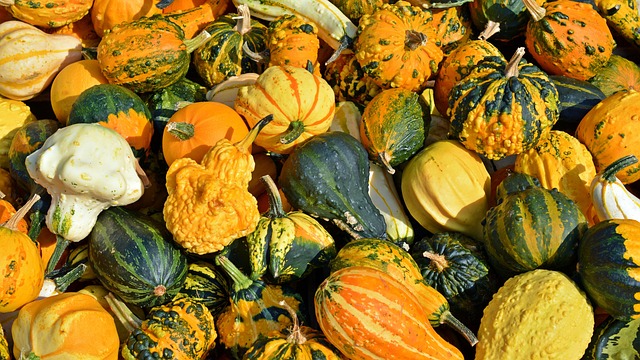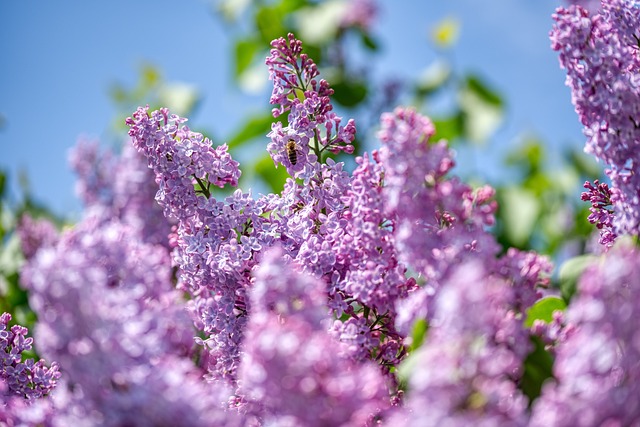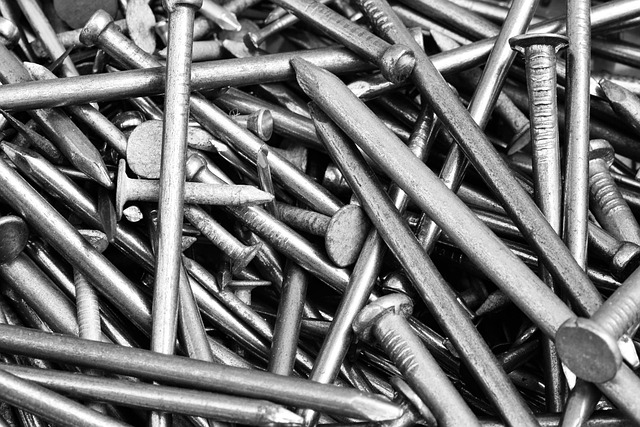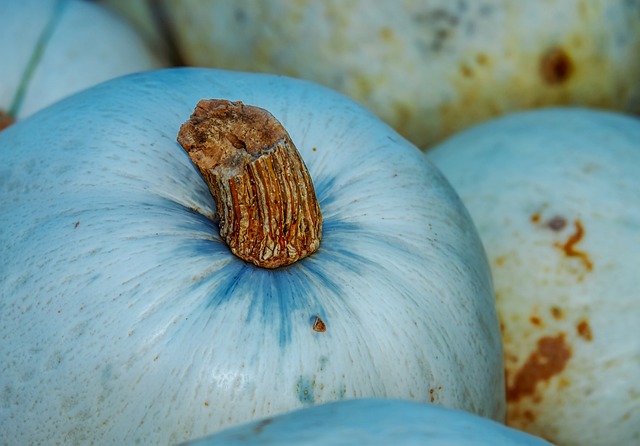Leaf collection and mulching are essential practices promoting environmental sustainability and aesthetic appeal in yard maintenance. Removing fallen leaves prevents damage and reduces waste, while using collected leaves as mulch enriches soil, suppresses weeds, and provides nutrients for plant growth. Effective yard waste removal involves proper equipment and techniques, such as rakes or blowers, for clearing leaves and applying compost or decorative stones. Composting yard waste is a crucial eco-conscious practice, transforming organic materials into nutrient-rich compost that enhances soil health and fertility while reducing environmental impact.
“Enhance your yard’s health and aesthetics with efficient leaf collection and mulching practices. This comprehensive guide explores the benefits of these strategies for a lush, vibrant landscape. We’ll delve into the process, from understanding leaf collection techniques to the art of applying mulch effectively.
Additionally, discover eco-friendly approaches to yard waste removal through composting, a game-changer for sustainable gardening. Learn how recycling leaves can contribute to a greener environment and reduce your carbon footprint.”
- Understanding Leaf Collection and Mulching: Benefits for Your Yard
- The Process of Effective Leaf Removal and Mulch Application
- Eco-Friendly Practices: Recycling Yard Waste Through Composting
Understanding Leaf Collection and Mulching: Benefits for Your Yard

Leaf collection and mulching are essential practices for maintaining a healthy and vibrant yard. By understanding the benefits, property owners can make informed decisions about how to best care for their outdoor spaces. Leaf collection involves the removal of fallen leaves from walkways, driveways, and garden areas, preventing them from piling up and causing potential damage to landscaping. This process also helps in reducing yard waste, which is a significant step towards recycling and sustainable practices.
Mulching, on the other hand, involves using collected leaves as organic material to enrich the soil and suppress weeds. When incorporated into the soil, these leaves break down over time, providing essential nutrients that support plant growth and overall lawn health. This simple yet effective method not only contributes to a more aesthetically pleasing yard but also promotes environmental sustainability by reducing the need for chemical fertilizers and other synthetic products. In terms of Yard Waste Removal and Recycling, leaf collection and mulching are key components in maintaining a balanced and ecologically sound outdoor environment.
The Process of Effective Leaf Removal and Mulch Application

The process of effective leaf removal and mulch application involves several key steps. First, proper equipment such as rakes or blowers is essential for efficient gathering of leaves from yards and driveways. This initial step not only clears the area visually but also prevents potential damage to grass and landscaping from heavy leaf accumulation. Once collected, leaves can be recycled through composting or used directly as mulch.
For mulch application, it’s crucial to choose the right type based on your garden needs. Organic mulches like wood chips or straw enhance soil health by suppressing weeds, retaining moisture, and adding nutrients over time. In contrast, decorative stones offer a water-efficient option that prevents weed growth and provides a clean, modern look. Application techniques vary; for organic materials, they’re typically spread evenly across the soil surface, while stones are often layered in thinner, uniform depths. Effective yard waste removal and recycling through these methods not only beautifies your outdoor space but also contributes to a more sustainable environment.
Eco-Friendly Practices: Recycling Yard Waste Through Composting

In today’s eco-conscious world, proper yard waste removal and recycling are essential practices that contribute to a greener environment. Instead of sending organic material to landfills, where it produces greenhouse gases like methane, composting offers a sustainable solution. This simple yet powerful method transforms yard waste—including leaves, grass clippings, and garden trimmings—into nutrient-rich compost, which can be used to enhance soil health and fertility. By embracing this eco-friendly practice, individuals and communities reduce their environmental footprint while creating a valuable resource for local gardens and farms.
Composting is an accessible way to recycle yard waste at home or on a community level. It promotes a circular economy by minimizing the amount of organic material ending up in landfills and providing a natural alternative for nutrient management. This practice not only reduces pollution but also fosters a more sustainable and resilient environment, ensuring that natural resources are preserved for future generations.
Leaf collection and mulching are simple yet powerful practices that significantly enhance yard aesthetics and health. By understanding the benefits of these processes, you can effectively manage your yard’s waste removal and recycling, fostering a sustainable environment while creating a lush, vibrant outdoor space. Implement these eco-friendly practices to not only reduce yard waste but also contribute to a greener, more productive ecosystem.














